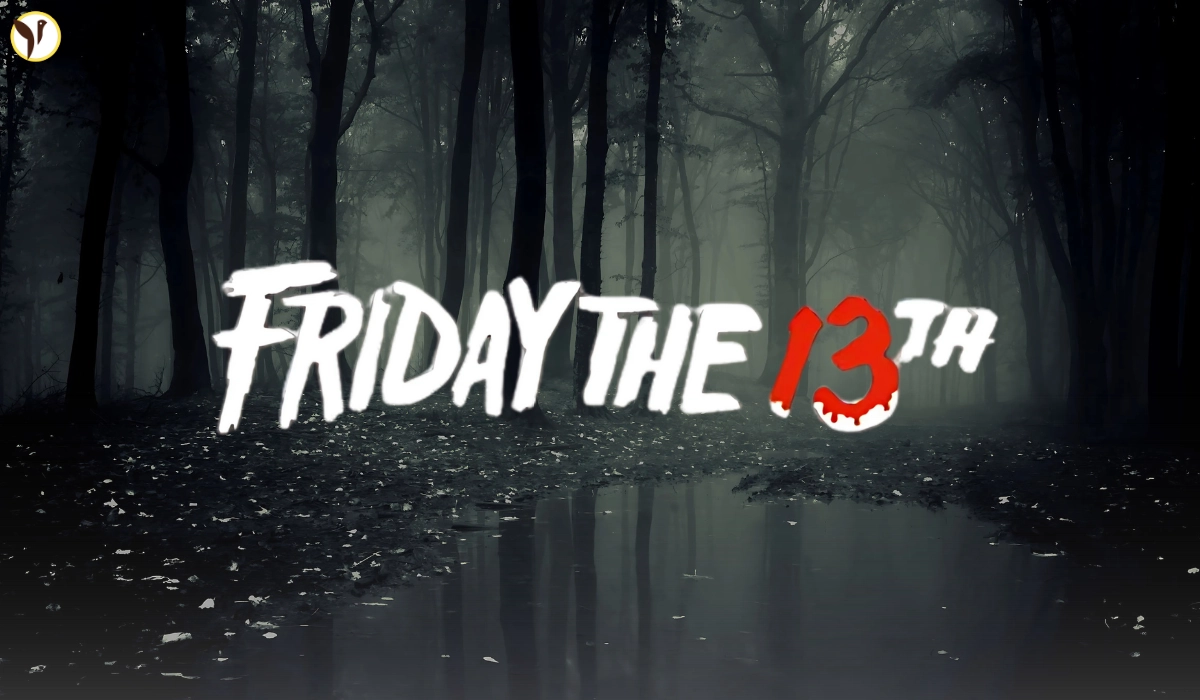Friday the 13th is often linked to bad luck, and many people avoid making big decisions or travel plans on this day. But how did this date get such a negative reputation?
The fear surrounding Friday the 13th has deep roots in both history and culture, combining old beliefs about numbers and certain days of the week.
The number 13 has long been considered unlucky in many cultures. Some think it’s because 12 is seen as a "complete" number—it appears in months of the year, hours on the clock, and signs of the zodiac. So, 13 feels like something extra and out of place, which gives it a strange, unlucky feel.
Because of this, you might even notice that some hotels or buildings skip the 13th floor altogether.
As for Friday, it also has its own history of bad luck. In Christianity, Friday is believed to be the day Jesus was crucified, and some say Eve gave Adam the apple on a Friday.
When these two ideas came together—Friday and the number 13—they created a superstition that stuck around for centuries.
One event that helped build this fear happened in 1307, when King Philip IV of France ordered the arrest of the Knights Templar on Friday the 13th. Many were tortured or killed, and some believe this event added to the day’s dark reputation.
However, the connection between that event and the modern fear didn’t appear until much later.
The idea that Friday the 13th is unlucky became more popular in the 20th century. It was mentioned in books, movies, and even the stock market, where people believed strange things were more likely to happen.
The 1980 horror film “Friday the 13th” also gave the day a scary image in pop culture, linking it to fear and danger.
Even today, Friday the 13th makes some people nervous. Some avoid traveling, scheduling surgeries, or holding important meetings on this day.
This fear even has a name: paraskevidekatriaphobia, which means the fear of Friday the 13th.
While there’s no real proof that anything bad is more likely to happen on Friday the 13th, the belief still affects millions. Whether it's avoiding a date or being extra careful, this old superstition continues to shape people’s behavior around the world.









